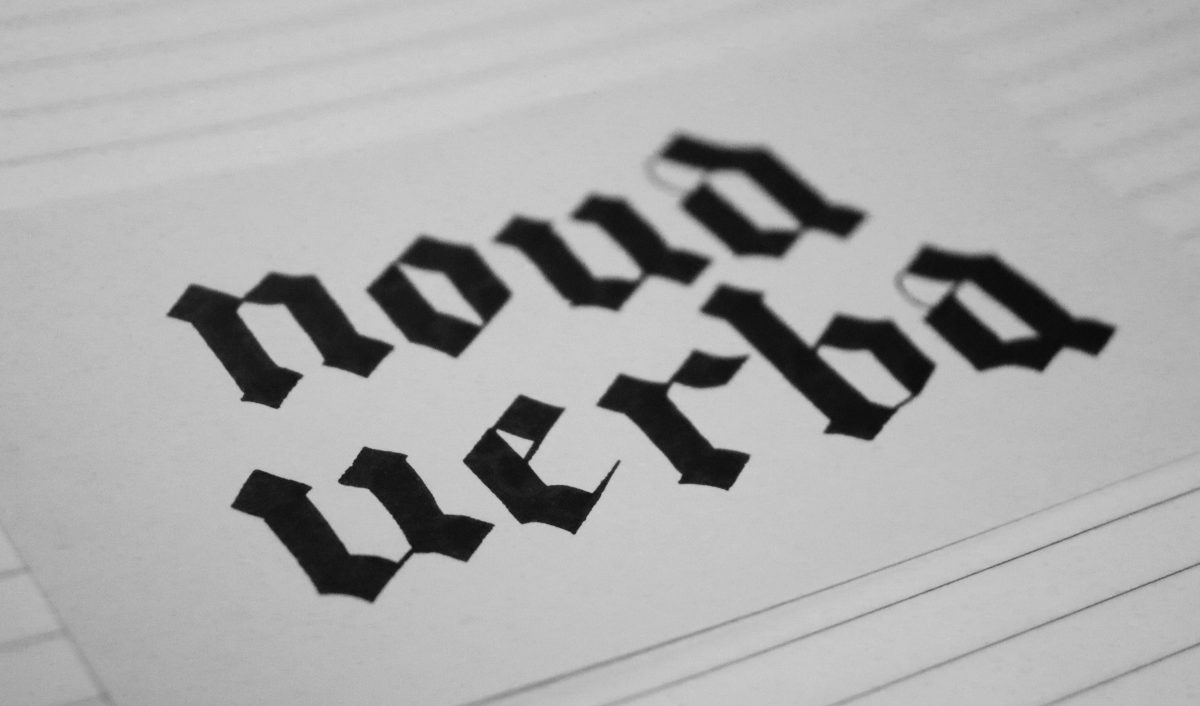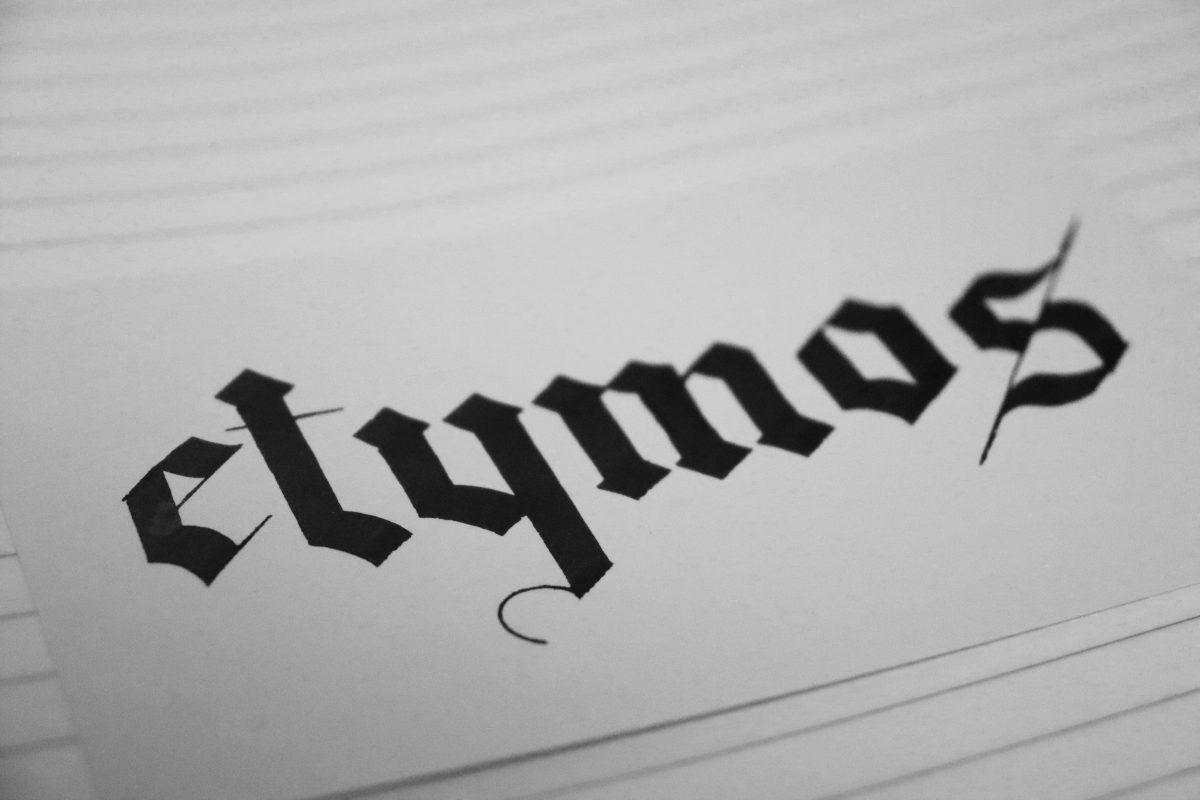from
On The Subject Of Dragons
a sequel to
On The Subject Of Trolls
as told by
Aelfraed of Cirneceaster
Dragons. People always ask me about dragons. They always
seem to be far more interested in dragons than they are in trolls, but I
think dragons are the much less interesting beings. Dragons are very
annoying, of course – not annoying in the various ways that trolls can be, but
still annoying.
Most of the dragons that are found in Wessex or Mercia are
smaller. They can still breathe fire, of course, and their teeth and claws are
deadly, but their strength does not come from their size. These are, of course,
meadow-dragons. A meadow-dragon can be brought down with just one well-thrown
spear.
Much more of a problem are the dragons that live in the
west. These are mountain-dragons – far bigger, far deadlier, and far harder to
kill. Thrulgor the Bothersome was a mountain-dragon – the biggest I’ve ever
heard of (at least, in Albion – I’ve heard that there are dragons even greater
than him beyond the seas). These dragons stay in the mountains most of the
time, but every now and then one will fly east – they are learning that that is
where men and women live, with cows and sheep and horses – and silver, which
they prize above all else.
But of course, dragons are not annoying just because of what
they eat. Dragons are perplexing beings, subject to whims that men and women
may never understand.
This is a story about a dragon, whose name was Magnathor.
Magnathor was a truly ferocious dragon – twelve yards high at the
wing-shoulder. His scales were as hard as diamond – the largest four hands across.
His claws were long and yellow. His tail was barbed. His breath could melt a
steel blade in a second, and his roar could cut down a great oak.
But he was also rather daft.
One day, Magnathor came down from the mountains, and he saw
a river that he liked. It was, in fact, the Tames, near Oxford. There was a
stone bridge over the river – wide enough and sturdy enough for the dragon to
sit on. The dragon landed on it, and he stared down into the water, his tail
swishing from side to side. (The river near this bridge is quite shallow and
wide, and there are many small rocks beneath the surface. In bright sunlight,
the water glitters and glimmers, and I believe it was this that drew the dragon
to the ground – they like shiny things, I think (which is, I think, also why
they like silver, though it’s difficult to know – the minds of dragons are
ever-impenetrable).)
The dragon sat there for hours, watching the river. After
some time, a man, whose name was Aethelstan, and who travelled over the bridge
most days, came to it this day.
Upon seeing the dragon, Aethelstan froze, for it was far
bigger than any dragon he had seen or heard of before. He tried to creep away
from it, further into the woods, but dragons have excellent senses of smell and
hearing (and sight, for that matter). The dragon turned its great head, so that
its large, golden eyes stared straight at Aethelstan.
‘Hello’ the dragon said.
Aethelstan felt as though he had turned to stone. ‘… Hi.’
he said.
‘What are you doing?’ the dragon said.
‘Err … I was … err … hoping to cross the bridge.’
The dragon blinked at him. ‘Why?’
‘Well … ‘cause … that’s where I’m going.’
The dragon blinked at him again.
Aethelstan blinked back.
‘Aren’t you going to cross then?’ the dragon said.
Aethelstan looked at the hulking, shimmering mass of dragon
that sat on the bridge before him. ‘Well … you’re sort of in the way.’
The dragon looked back at the rest of its body and its tail.
‘Oh yes, so I am.’ And he lifted his tail off the far side of the bridge, and
coiled it neatly around him. Then he looked back at Aethelstan expectantly.
‘Right …’ Aethelstan said, and he began to shuffle
forwards again. He walked across the bridge slowly, careful not to make any
sudden movements – dragons are easily startled.
The dragon watched him the entire time. ‘What’s your name?’
the dragon boomed when Aethelstan was right behind it.
Aethelstan nearly shat himself. ‘Aethelstan’, he said.
‘What’s yours?’
‘I am Magnathor. If you need to cross this bridge again, and
I am still here, just tell me your name – I will remember who you are, and I
shall let you pass at once.’
‘Oh …’ Aethelstan said, not relishing the thought that the
dragon might still be there the next day. ‘Okay.’
Aethelstan continued walking slowly across the bridge, and the
dragon continued watching him with big eyes, blinking every now and then.
Aethelstan reached the other side, and walked backwards along the road into the
woods.
‘Bye!’ the dragon said, and he turned back to look at the
river.
‘… Bye …’ Aethelstan said, still half expecting the
dragon to turn back towards him and pounce on him.
But the dragon didn’t.
The next day, in the morning, Aethelstan came to the bridge
again. The dragon was still there. It looked like it had hardly moved – except
for the swishing of its long tail. It still hung its head over the side of the
bridge, so that it could stare down into the shimmering water.
Once again, the dragon sensed Aethelstan before he even
reached the edge of the wood, and turned to look at him. Aethelstan felt much
more confident in approaching the dragon today.
‘Hello, Great Dragon.’ he said as he strode onto the stone
of the bridge. ‘It is I, Aethelstan.’
‘Who?’ Magnathor said, not moving his tail from across the
bridge.
‘Aethelstan.’
The dragon pondered for a moment. ‘No I don’t know who that
is.’
‘It’s me – I walked across this bridge yesterday – you asked
me what my name was.’
‘Doesn’t ring any bells.’ the dragon said.
‘I walked across this bridge yesterday! You asked me what my
name was, and you said you’d remember it if I came to the bridge again, and let
me cross!’ Aethelstan said. Was this dragon trying to trick him or something?
‘Well that doesn’t sound right.’ the dragon said. ‘I think
I’d remember if I said something like that. Are you sure you’ve got the right
bridge? Perhaps it was a different bridge that you crossed?’
‘I think I’d remember which bridge it was!’
‘Well how can you be sure?’
‘Because it was the one with a great big dragon on it!’
‘Alright, there’s no need to shout!’ the dragon said. ‘Tell
me your name and I’ll let you cross. I’ll remember what your name is and if you
come to this bridge again and I’m still on it, I’ll let you cross straight
away.’
‘It’s Aethelstan!’ Aethelstan said, exasperated.
‘Aethelstan, Aethelstan …’ the dragon thought out loud.
‘That’s quite an unusual name, isn’t it?’
‘No, not really.’
‘No, I think I’ve got it – I’ll remember – it sounds like
“tree”.’
‘It really doesn’t.’
The dragon pondered for a few more moments. ‘Very well – you
may cross.’
The dragon moved its tail out of the way, and Aethelstan was
able to cross the bridge. The dragon stared at him the entire time.
‘Bye!’ the dragon said as Aethelstan walked onto the road on
the other side of the bridge.
‘Bye.’
Aethelstan walked away down the road.
The dragon continued to sit on the bridge and stare down
into the water. It may have seen some fish – dragons like fish – they can watch
them for hours and hours.
In the late afternoon, Aethelstan came back.
‘Hello, Great Dragon! It’s me again.’
The dragon turned and stared at him.
‘… It’s me! Aethelstan!’ Aethelstan said.
‘… Who?’
‘Oh my god! You saw me this morning!’
‘No I didn’t.’
‘YES YOU DID!’
‘Alright! There’s no need to shout!’ the dragon said. ‘Are
you sure you didn’t meet a different dragon?’
‘Yes! It was you! On this bridge!’
‘Well how can you be sure?’
‘How many dragons do you think I meet?!’
‘Well I’m sure I don’t know.’
‘It was you! I met you! Here! On this
bridge! This morning! And yesterday!’
‘Yesterday?’
‘YES!’
‘Well I have no recollection of this at all.’
‘Look, both times you asked me my name, and you said you’d
remember it, and if I came back to the bridge and you were still on it, you’d
remember who I was and let me cross straight away!’
‘Oh that’s a good idea!’ the dragon said. ‘What’s your
name?’
‘AETHELSTAN!’
‘Is that a name? I don’t think I’ve ever heard it before.’
‘You heard it about a minute ago!’
‘Well I will remember it, and if you should ever come this
way again-‘
‘I go across the bridge twice a day.’
‘-just tell me your name and I’ll let you cross straight
away.’ the dragon said.
The dragon moved its tail out of the way again, and
Aethelstan crossed the bridge.
‘Nice meeting you for the first time!’ the dragon called
out.
‘That was the third time!’
Aethelstan walked away down the road, and the dragon went
back to staring at the water.
The next day, Aethelstan returned. He was hoping that the
dragon had gone, so that he wouldn’t have to explain to it again how they’d
already met. But he saw that the dragon was, in fact, still there – its blue
scales gleaming in the sunlight, and its tail swishing from side to side as it
looked down into the rushing water of the river.
‘Hello, Great Dragon. It’s me, Aethelstan … again.’
The dragon turned to look at him and blinked.
‘… It’s me … Aethelstan … do you remember? From
yesterday … and the day before.’
‘Have we met?’
‘Oh my god! Yes, we have met! Three times! Twice yesterday
and once the day before!’
‘Oh I didn’t meet anyone yesterday. Or the day before.’
‘Oh my god! Yes you did! You met me! Do you remember?!’
‘Well I’m pretty sure I didn’t.’ the dragon said indignantly.
‘I haven’t met anyone since I came here.’
‘THIS IS A VERY BUSY ROAD! I’VE PASSED ABOUT TWENTY PEOPLE
ON IT IN THE LAST HOUR! HOW HAVE YOU NOT MET ANY OF THEM?!’
‘Such a quiet part of the country – untouched by human
hands.’
‘You are sitting on a bridge that humans built!’
‘Oh gosh – I’m in your way, aren’t I?’
‘Yes! Yes you are!’
The dragon coiled its tail around itself again, and
Aethelstan crossed the bridge.
‘Oh I’ve just had a thought!’
‘Let me guess …’
‘Next time you come to the bridge, if I’m still on it, tell
me your name. I’ll remember you and let you cross.’
‘What a great idea.’
The dragon looked at him expectantly. ‘… What’s your name
then?’
‘AETHELSTAN! IT’S AETHELSTAN!’
‘Got it. “Uhtric”.’
‘WHAT?!’
‘“Uhtric”. That’s your name.’
‘NO IT ISN’T!!!’
‘Gosh, where’s Uhtric then? He normally comes by here twice
a day!’
‘So you have met other people then.’
‘Oh hello! Who are you?’
‘Oh my god.’
‘Do you want to cross the bridge?’
‘No!’
‘Sure?’
‘I just did!’
‘No you didn’t.’
Aethelstan just walked away.
‘Well it was nice meeting you, whoever you are!’ the dragon
called out.
The dragon remained on the bridge for many weeks. He never
remembered who Aethelstan was. Aethelstan became more and more frustrated.
Eventually the dragon left of his own volition.
And so this is how dragons can be annoying. It’s altogether a different kind of annoying to the way that trolls are annoying.
An original story by Benjamin T. Milnes
Copyright © Benjamin T. Milnes

